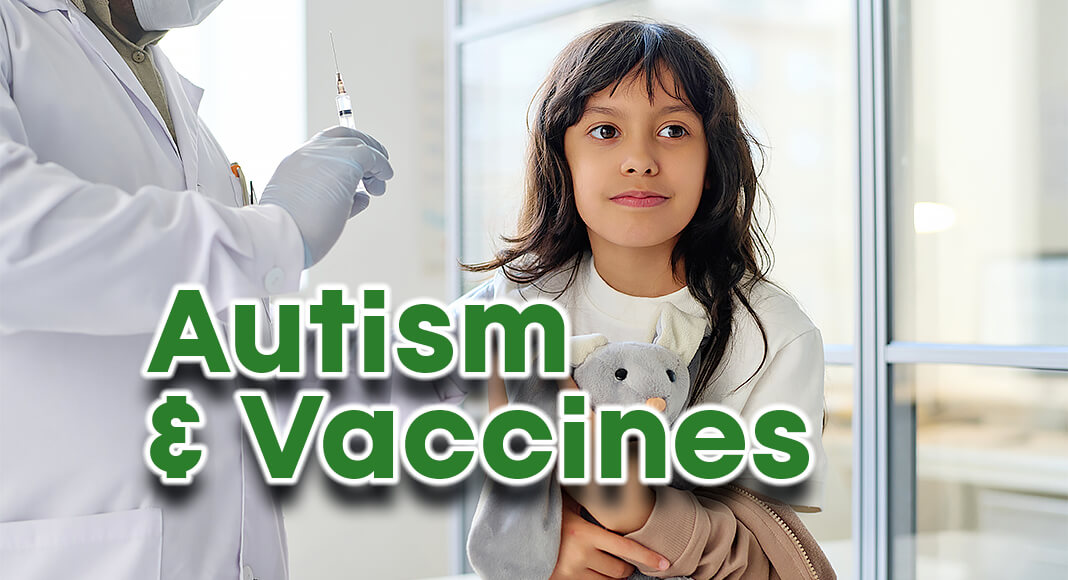
Mega Doctor News
Vaccines do not cause autism.
- Some people have had concerns that ASD might be linked to the vaccines children receive, but studies have shown that there is no link between receiving vaccines and developing ASD. The National Academy of Medicine, formerly known as Institute of Medicine, reviewed the safety of 8 vaccines to children and adults. The review found that with rare exceptions, these vaccines are very safe.Source: Adverse Effects of Vaccines: Evidence and Causality [Institute of Medicine. 2012]external icon
- A CDC study published in 2013 added to the research showing that vaccines do not cause ASD. The study focused on the number of antigens given during the first two years of life. Antigens are substances in vaccines that cause the body’s immune system to produce disease-fighting antibodies. The results showed that the total amount of antigen from vaccines received was the same between children with ASD and those that did not have ASD.Source: Increasing exposure to antibody-stimulating proteins and polysaccharides in vaccines is not associated with risk of autism [J Pediatr. 2013]external icon
Vaccine ingredients do not cause autism.
- One vaccine ingredient that has been studied specifically is thimerosal. Thimerosal is a mercury-based preservative used to prevent germs (like bacteria and fungi) from contaminating multidose vials of vaccines. Research shows that thimerosal does not cause ASD. In fact, a 2004 scientific review by the IOM concluded that “the evidence favors rejection of a causal relationship between thimerosal–containing vaccines and autism.”Source: Immunization Safety Review: Vaccines and Autism [The National Academies Press. 2004]external icon
Since 2003, there have been nine CDC-funded or conducted studies that have found no link between thimerosal-containing vaccines and ASD. These studies also found no link between the measles, mumps, and rubella (MMR) vaccine and ASD in children. Learn more about the CDC Studies on Thimerosal in Vaccines pdf icon[PDF – 2 pages].
Even before studies showed that thimerosal was not harmful, there was a national effort to reduce all types of mercury exposures in children. As precaution, thimerosal was removed or reduced to trace amounts in all childhood vaccines between 1999 and 2001. Currently, the only type of vaccine that contain thimerosal are flu vaccines packaged in multidose vials. There are thimerosal-free alternatives available for flu vaccine. For more information, see the Timeline for Thimerosal in Vaccines.
Besides thimerosal, some people have had concerns about other vaccine ingredients in relation to ASD. However, no links have been found between any vaccine ingredients and ASD.
Information Source: CDC










